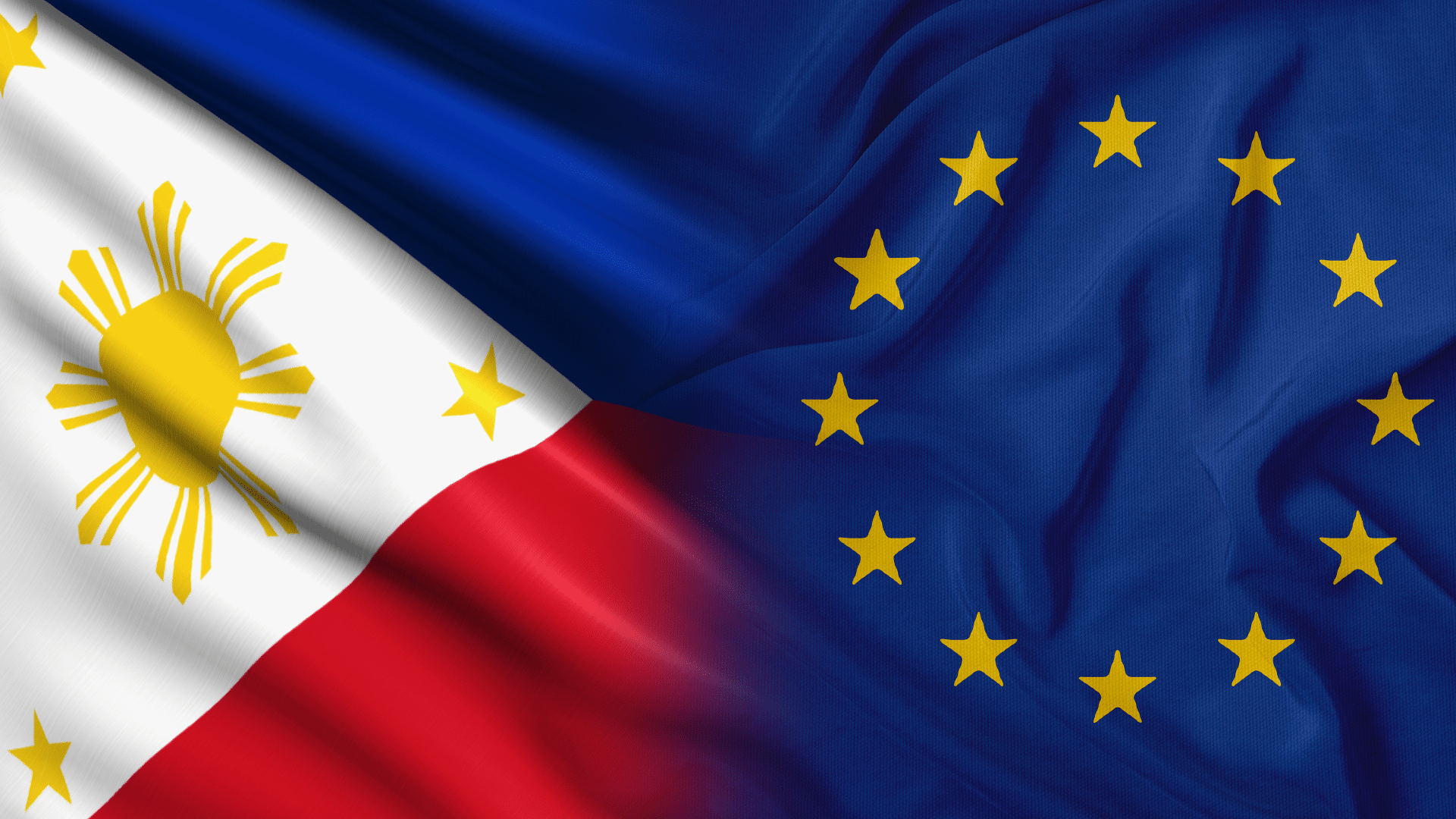
MUMBAI, India — Indian Prime Minister Narendra Modi on Monday makes his first visit to Russia since the invasion of Ukraine, walking a fine line between maintaining a longstanding Moscow alliance while courting closer Western security ties.
Russia is a key supplier of cut-price oil and weapons to India, but its isolation from the West and growing friendship with China have impacted its time-honored partnership with New Delhi.
The United States and its Western allies have in recent years cultivated ties with India as a bulwark against Beijing and its growing influence in the Asia-Pacific, while also pressuring it to distance itself from Russia.
Modi, who was returned to power last month as leader of the world's most populous country, last visited Russia in 2019 and hosted President Vladimir Putin in New Delhi two years later, weeks before the invasion.
Russia's war in Ukraine has "transformed" ties with India, said Swasti Rao, from a think tank funded by India's defense ministry, the Manohar Parrikar Institute for Defense Studies and Analysis.
"There is no decline in goodwill between India and Russia per se," she said. "But there are challenges that have cropped up.
'Ship has sailed'
New Delhi has shied away from explicit condemnation of Russia for its invasion of Ukraine and has abstained on United Nations resolutions censuring Moscow.
Russia's war in Ukraine has also had a human cost for India.
Moscow's deepening ties with Beijing have also raised concerns for New Delhi.
China and India, the world's two most populous nations, are intense rivals competing for strategic influence across South Asia.
India is part of the Quad grouping with the United States, Japan and Australia that positions itself against China's growing assertiveness in the Asia-Pacific region.
The United States and the European Union accuse China of selling components and equipment that have strengthened Russia's military industry — allegations Beijing strenuously denied.
New Delhi and Moscow have forged a tight relationship since the Cold War, and Russia was for a long time India's biggest arms supplier.
Ukraine has stretched Russia's arms supplies, and India is eyeing other sources — including growing its own defense industry.
Russia's share of Indian imports of weapons has shrunk considerably in recent years, according to the Stockholm International Peace Research Institute (Sipri).
It dropped from 76 percent in 2009–13 to 36 percent in 2019–23, Sipri said, noting France is now a close second, providing 33 percent.
"India has instead looked to Western suppliers, most notably France and the USA, and its own arms industry," Sipri said, adding that its arms procurement plans "seemingly do not include any Russian options."
Arms down, oil up
Rao said the Ukraine war had "accelerated" India's push to diversify its defense purchases.
"The Ukraine war has become one of grinding attrition," she said.
"There are genuine concerns about Russia's export capabilities, and its focus and priorities."
At the same time, India has also become a major buyer of discounted Russian oil, providing a much-needed export market for Moscow after it was cut off from traditional buyers in Europe.
That has dramatically reshaped energy ties, with India saving itself billions of dollars while bolstering Moscow's war coffers.
India's month-on-month imports of Russian crude "increased by 8 percent in May, to the highest levels since July 2023," according to commodity tracking data compiled by the Centre for Research on Energy and Clean Air.
From Moscow, Modi will travel to Vienna for the first visit to the Austrian capital by an Indian leader since Indira Gandhi in 1983.
Read The Rest at :




